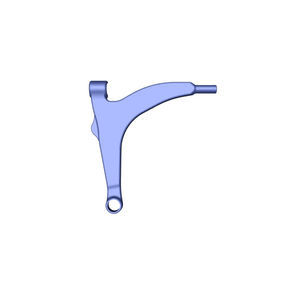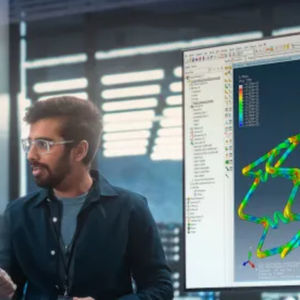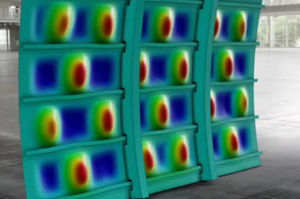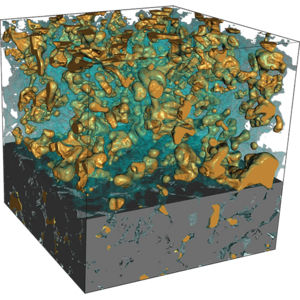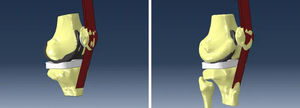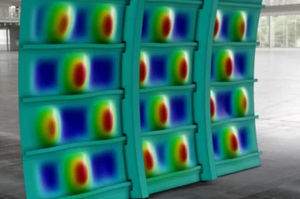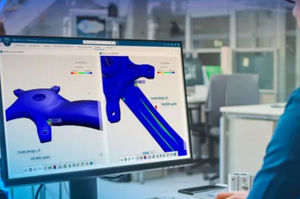

- Products
- Catalogs
- News & Trends
- Exhibitions
Simulation software Abaqusdesignanalysisfinished element analysis
Add to favorites
Compare this product
Characteristics
- Function
- analysis, simulation, engineering, design, solver, finished element analysis
- Applications
- process, industrial
Description
Abaqus reaches the desk of engineering analysts as a robust Finite Element Analysis (FEA) software. It is designed to exploit the true generality of the theoretical potential of the method without imposing any unnecessary limitations. Abaqus assists engineers in simulating complex real-world problems for various industries and relies on it for advanced engineering simulations.
With an extensive library of element types, it can model nearly any geometry. Abaqus has an equally extensive library of material models. Using this library, you can simulate stress and deformation in isotropic and anisotropic metals at varying temperatures and strain rates.
Beyond metals, Abaqus can simulate:
Rubber and polymers
Reinforced concrete
Glass and ceramics
Crushable or resilient foam
Geotechnical materials like soil and rock
However, Abaqus offers more than just stress analysis. Abaqus simplifies the simulation of conductive and convective heat transfer, mass diffusion, acoustics, piezoelectricity and electrochemistry independently, sequentially coupled, or fully coupled with stress analyses.
Abaqus is uniquely powerful due to its modularity and flexibility. You can model any physically reasonable combination of elements, materials, procedures and loading sequences. With Abaqus, you can use any material with virtually any element (for composite, in a layer of an element). Abaqus enables you to bring your ideas to reality by allowing you to create and simulate your models without limitations. You can subject your models to static or dynamic loading histories.
Catalogs
No catalogs are available for this product.
See all of SIMULIA‘s catalogsExhibitions
Meet this supplier at the following exhibition(s):

Hyvolution 2025
28-30 Jan 2025 paris (France) Stand 4S88
Related Searches
- Automation software solution
- Management software solution
- SIMULIA analysis software
- SIMULIA process software
- SIMULIA CAD software
- Control software solution
- Real-time software solution
- Online software
- SIMULIA design software
- SIMULIA 3D software
- SIMULIA interface software
- Measurement software
- SIMULIA industrial software
- SIMULIA quality software
- SIMULIA simulation software
- Visualization software solution
- Automated software
- SIMULIA development software
- Network software solution
- Machine software
*Prices are pre-tax. They exclude delivery charges and customs duties and do not include additional charges for installation or activation options. Prices are indicative only and may vary by country, with changes to the cost of raw materials and exchange rates.

